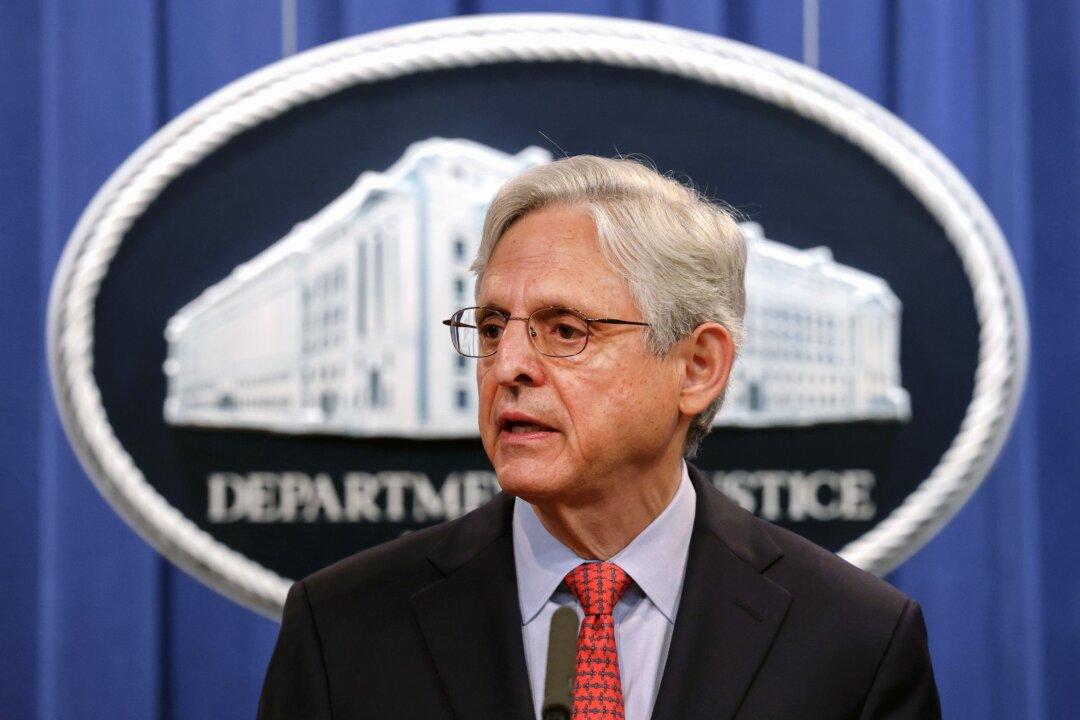Federal officers will be more limited in using chokeholds and “no-knock” raids moving forward, the Department of Justice announced Tuesday.
Chokeholds cannot be used against a person unless officers believe that person poses an imminent danger of death or serious physical injury to an officer or another person, federal law enforcement agencies were told in a memorandum. “No-knock raids,” or raids where officers barge in without knocking because of fear of violence, must only be pursued in exceptional circumstances with both supervisory and judicial approval, and officers can only seek such approval if the agent believes that announcing the agent’s presence would create an imminent threat of physical violence.





